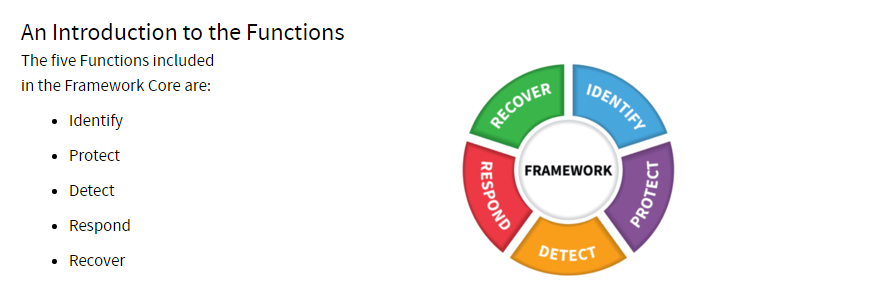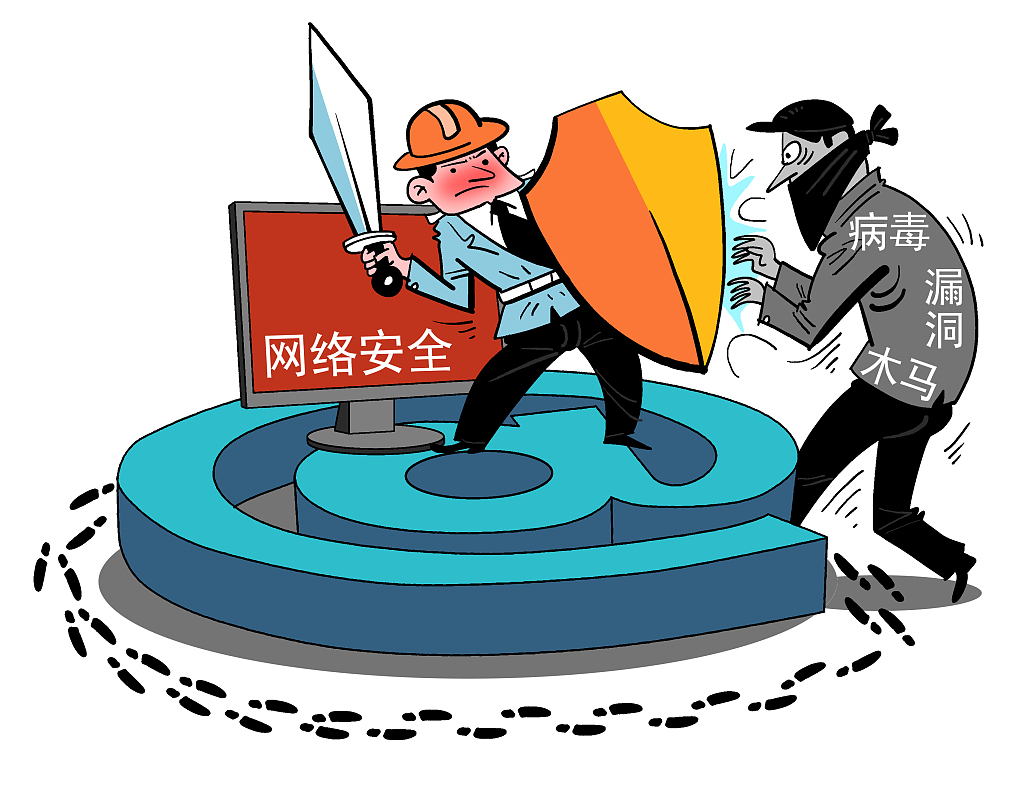A PwC report published on Tuesday shows that Chinese entrepreneurs believe digital risk management in China is still immature, and they usually act passively to cyber threats.
According to the five functions of the network security framework released by the U.S. National Institute of Standards and Technology (NIST), Chinese companies are well-performed in "Protect" and "Respond" functions, but are badly at "Identity" function, the report said.

The framework illustrates that the "Protect" and "Respond" Functions can limit and contain the impact of a potential cybersecurity event, as well as taking action regarding a detected cybersecurity incident, while the "Identity" Function is a company's ability to prioritize its efforts, consistent with its risk management strategy and business needs.
Digital trust – which refers to the level of confidence in people, processes, and technology to build a secure digital world – is at the center of the digital world, according to the Digital Trust Insight Report 2019.
Li Rui, partner of Network Security and Privacy Protection Service in PwC thinks cybersecurity is rather a business management problem than a simple technical problem, highlighting cyber risk management should be placed in the company strategy.
The report also stressed the growing needs for stronger data and privacy protection since cutting-edge technologies like 5G, Artificial Intelligence (AI), Internet of Things (IoT), cloud computing, and block chains have been revolutionizing people's daily life.
"Under the 5G network, it will be much easier and faster for hackers to crack passwords than in the 4G network," Xian Jiale, a PwC partner said.
"The impact is more pronounced in the IoT sectors because all devices have been connected to the Internet. Data breach or data hack is far beyond financial loss, sometimes it will pose threats to human beings when the breach happens to the autonomous driving."

Before the report was published, China Computer Federation did a satisfaction survey on Sunday on how domestic netizens think about the cybersecurity, with 51.25 percent of participants giving positive feedback, a 12.91% increase compared to last year.
But when asked about the personal data protection and company responsibility, 37.4% netizens suggest there is too much data leak, with 19.69% of interviewees thinking internet giants are failing to fulfill their duty to protect consumer data.
Data breach is not exclusive to China. The whole world is struggling with it. On Monday, almost the entire population of Ecuador had their personal data leaked online, their security experts said.
Read more: Private data of 17 million Ecuadorians leaked online
"Cyber threat is without border," said Yevgeny Valentinovich Kaspersky, CEO of Kaspersky lab, who has been working in the cybersecurity sector for 3 decades. "It's important to work with Interpol-like organizations, to have joint combats."